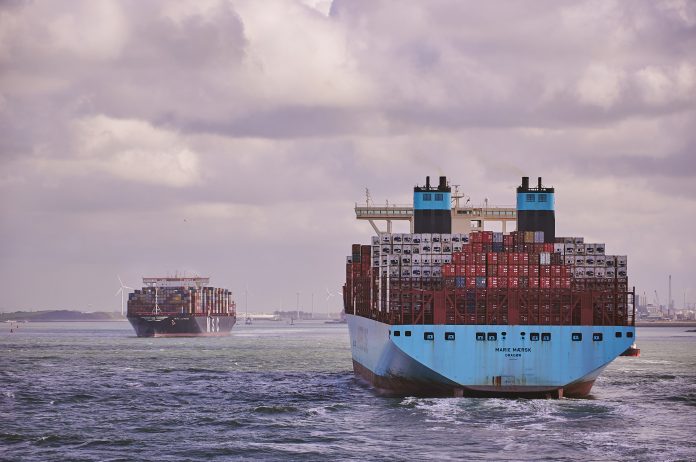A staggering fifth of carbon dioxide emissions come from multinational companies’ global supply chains, according to a new study led by UCL and Tianjin University
The decisions of multinational companies have huge impacts on many people and places around the world.
The research highlights the impact that multinationals could have by encouraging greater energy efficiency among suppliers or by choosing zero carbon emission suppliers.
Placing the blame on poorer countries
The study, which was published in Nature Climate Change, maps the emissions generated by multinationals’ assets and suppliers abroad. The findings show that the flow of investment is typically from developed countries to developing ones, meaning that emissions are in effect outsourced to poorer parts of the world.
To combat multinationals placing the carbon blame on developing countries, the authors of the study suggest that emissions be assigned to the countries where the investment comes from, rather than where emissions are generated.
Professor Dabo Guan from University College London, said: “Multinational companies have enormous influence stretching far beyond national borders.
“If the world’s leading companies exercised leadership on climate change, for instance, by requiring energy efficiency in their supply chains – they could have a transformative effect on global efforts to reduce emissions.
“However, companies’ climate change policies often have little effect when it comes to big investment decisions such as where to build supply chains.
“Assigning emissions to the investor country means multinationals are more accountable for the carbon emissions they generate as a result of these decisions.”
Global investment trends
The study found that carbon emissions from multinationals’ foreign investment fell from a peak of 22% of all emissions in 2011 to 18.7% in 2016. Researchers said this was a result of a trend of “de-globalisation”, with the volume of foreign direct investment shrinking, as well as new technologies and processes making industries more carbon efficient.
Mapping the global flow of investment, researchers found steady increases in investment from developed to developing countries. For example, between 2011 and 2016 emissions generated through investment from the US to India increased substantially, from 48.3 million tons to 70.7 million tons.
In the same period, emissions generated through investment from China to south-east Asia increased tenfold, from 0.7 million tons to 8.2 million tons.
Lead author Dr Zengkai Zhang, of Tianjin University, said: “Multinationals are increasingly transferring investment from developed to developing countries. This has the effect of reducing developed countries’ emissions while placing a greater emissions burden on poorer countries.
“At the same time, it is likely to create higher emissions overall, as investment is moved to more ‘carbon intense’ regions.”
The study also examined the carbon emissions that the world’s largest multinationals generated through foreign investment.
BP generated more emissions through its foreign affiliates than the foreign-owned oil industry in any country except for the United States. Walmart generated more emissions abroad than the whole of Germany’s foreign-owned retail sector, while Coca-Cola’s emissions around the world were equivalent to the whole of the foreign-owned food and drink industry hosted by China.











